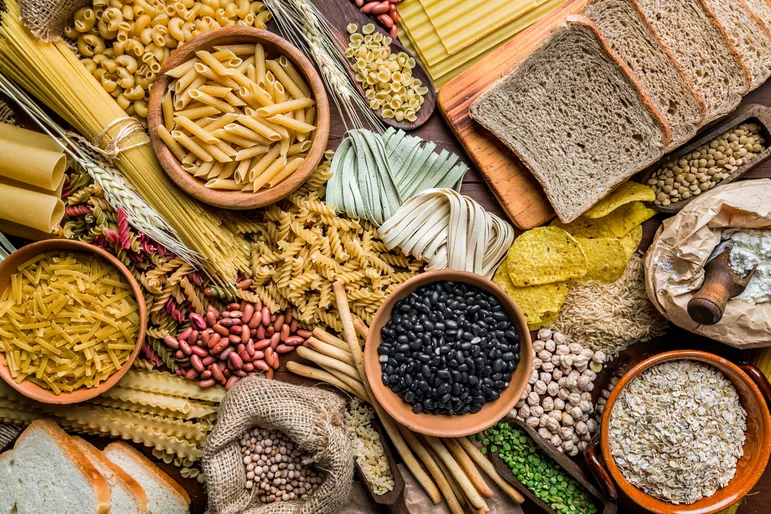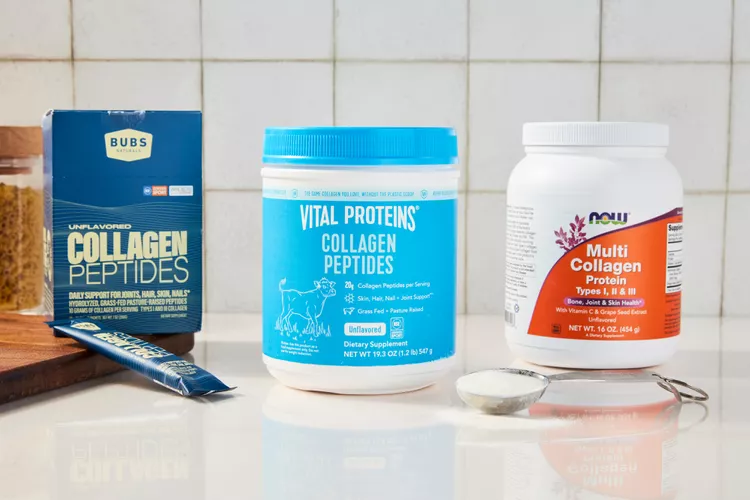What Is Lab-Grown Meat?
The Food and Drug Administration (FDA) approved lab-grown meat—also known as cell-cultured or cultivated meat—for human consumption in 2022. This type of meat is produced by cultivating animal cells in a lab. The FDA confirmed that it had no concerns about the production process of cell-cultured chicken meat developed by Upside Foods, a company based in California.
Cultivated meat offers several potential benefits. Research indicates that lab-grown meat is more environmentally friendly than traditional meat. It is also cruelty-free, as it does not require killing animals. However, some people have raised concerns about potential downsides, such as the risk of microbial contamination and allergens.
As of April 2024, lab-grown meat was not yet widely available for purchase. Questions remain about its production, safety, and accessibility. Read on to learn more about lab-grown meat, including how it is made and the potential benefits it may offer.

How Is Lab-Grown Meat Made?
Growing meat in a lab is a very different process from traditional farming. The meat produced is biologically the same as that from live animals. The FDA has approved several companies that produce lab-grown meat, including options like livestock, poultry, and seafood. It's worth noting that since cultured meat is biologically identical to regular meat, it is not technically considered vegetarian.
The process begins with collecting a cell sample from a living animal. Scientists isolate the specific cells capable of developing into muscle tissue or meat. These cells are then placed in a cultivator— a large stainless steel tank—where they are provided with nutrients that help them grow and multiply.
The cultivation process mirrors the biological development that occurs naturally inside animals. Inside the cultivator, the cells receive warmth and essential nutrients like water, proteins, carbohydrates, fats, vitamins, and minerals to grow into muscle and fat tissue.
What Are the Benefits?
The FDA has confirmed that lab-grown chicken from Upside Foods is safe for human consumption and is identical to regular chicken at the cellular level.
While further research is needed, potential benefits of lab-grown meat include:
-
Reduced risk of foodborne illness: Many emerging infectious diseases in humans originate from animals. Growing meat in a lab may lower this risk by ensuring the cell samples used are free from harmful pathogens like viruses, bacteria, and other microbes.
-
Cruelty-free alternative: Cultivated meat allows people to enjoy animal protein without harming animals, as the process doesn’t involve slaughtering.
-
Greater sustainability: Lab-grown meat requires significantly fewer resources than traditional meat production. Studies indicate it produces far fewer emissions and uses less land and water compared to raising animals on factory farms.
Safety Considerations
Although the FDA has approved some lab-grown meats as safe to eat, the concept may still feel unfamiliar or concerning to some. There are ongoing discussions about whether lab-grown meat could pose unique health risks. According to global health authorities, there may be concerns about microbial contamination or allergens, though these are also concerns with traditional meat.
When Will Lab-Grown Meat Be Available To Buy?
Even though lab-grown meat has FDA approval, it is not yet available for general sale. As of April 2024, it hasn't appeared in grocery stores in the U.S. Its retail availability remains uncertain, partly due to high production costs. For example, early prototypes like the first lab-grown beef burger in 2013 cost hundreds of thousands of dollars, and a lab-grown meatball in 2016 was also extremely expensive.
A Quick Review
Lab-grown meat presents a potential solution to challenges such as animal welfare, environmental sustainability, and food safety linked to traditional meat production. While more research is needed, early evidence suggests it may lower the risk of foodborne illness, is cruelty-free, and could be a more sustainable option. The FDA approved Upside Food’s cultivated chicken meat in 2022, but high costs and safety concerns remain barriers to widespread availability as of April 2024.














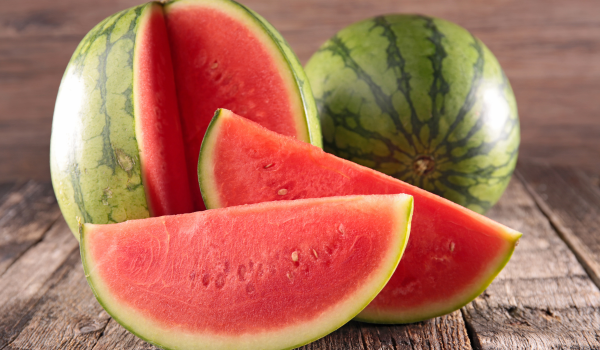
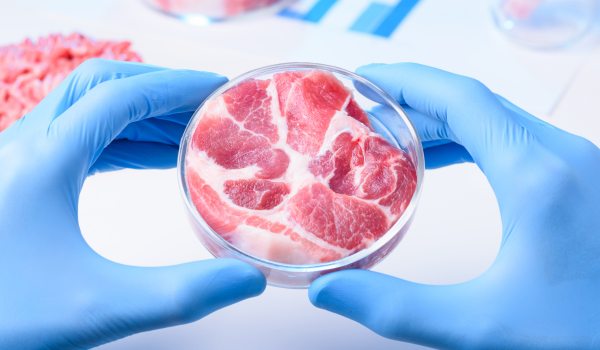








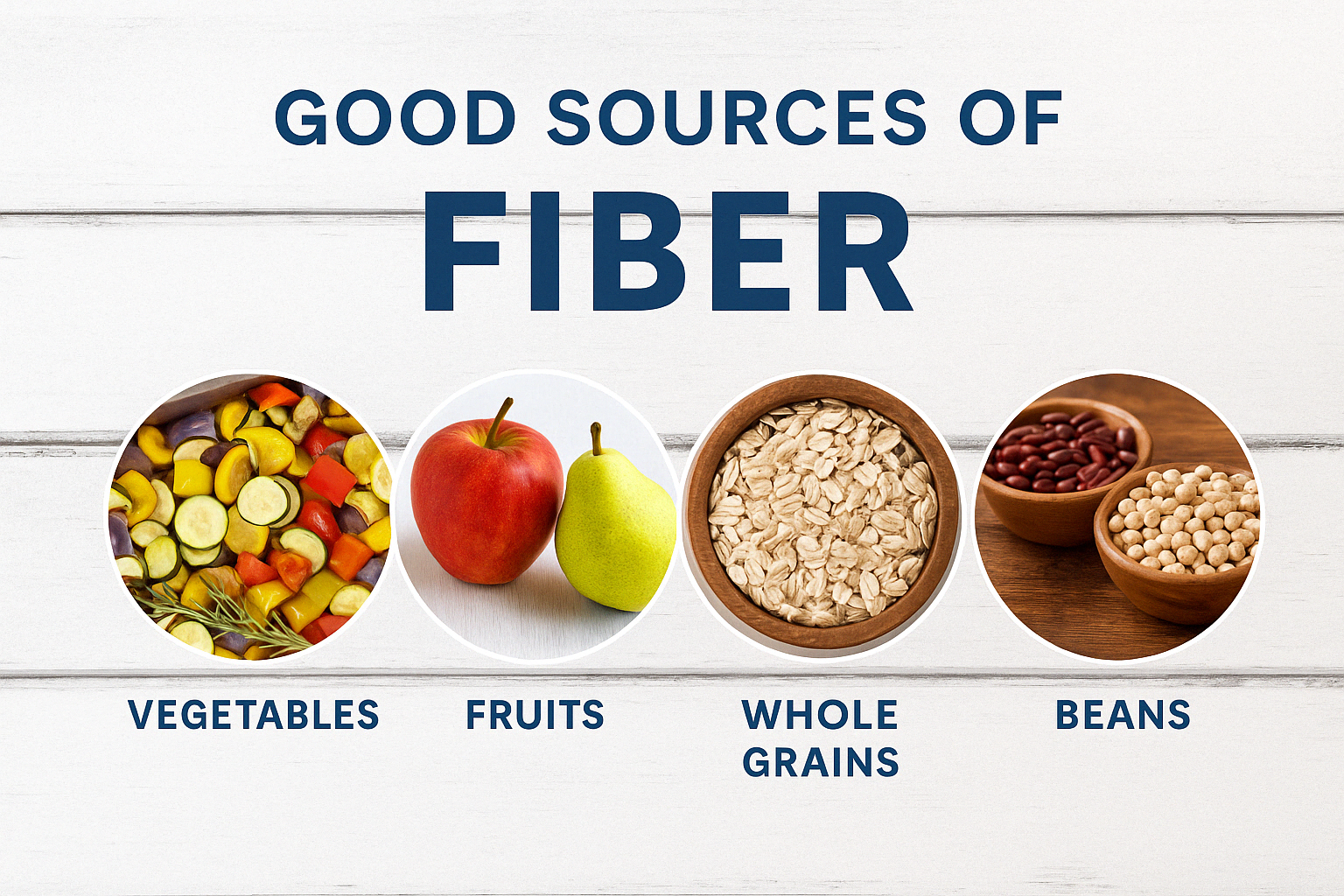


.webp)
.webp)
.webp)


